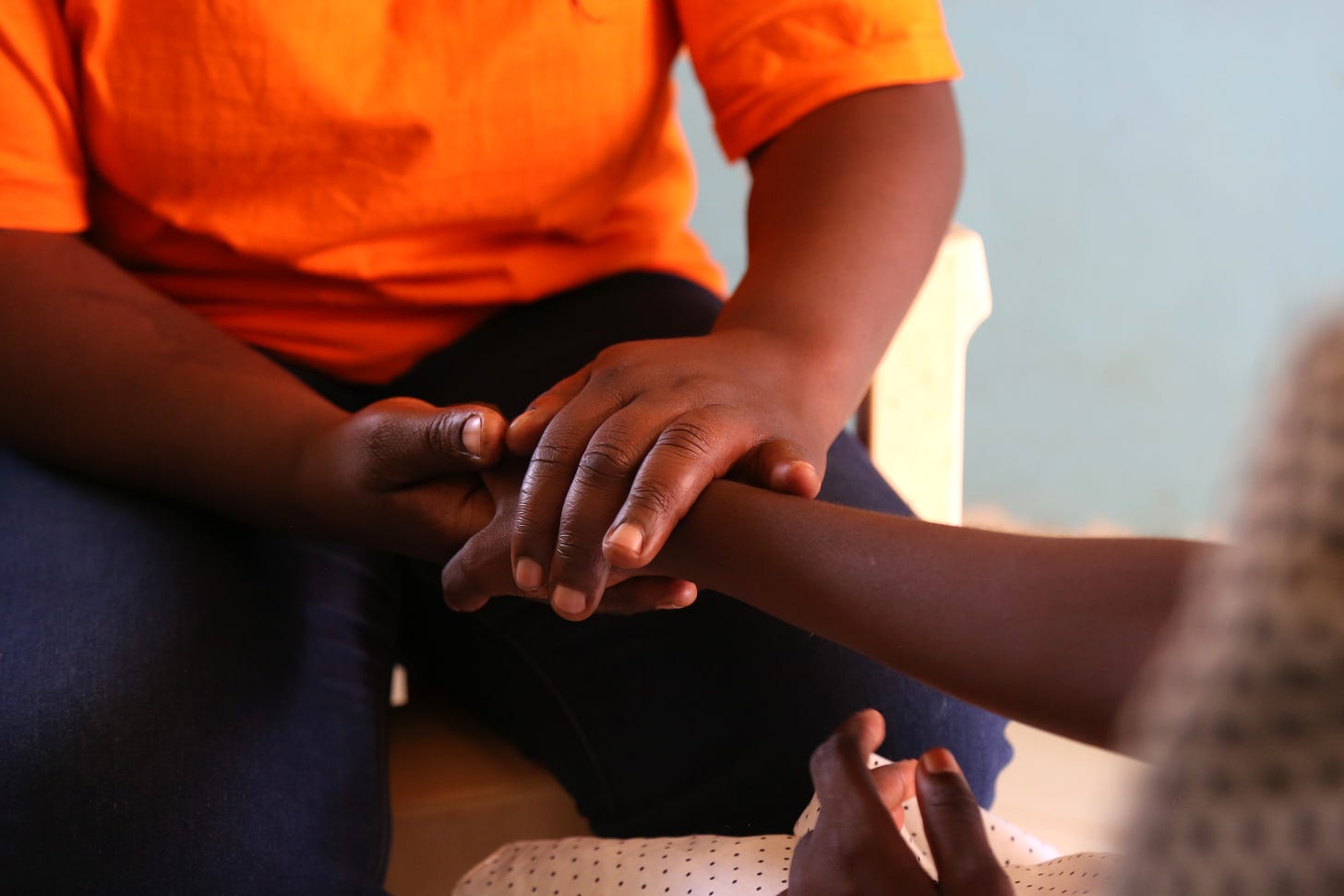Rape Persists as Major Crime Across Africa, Study Finds
The study underscores the urgent need for African governments to align rape laws with international human rights standards and provide meaningful support for survivors.
NAIROBI, Kenya— A comprehensive report by Equality Now reveals significant barriers to justice for rape survivors across 47 African countries, highlighting systemic legal and societal challenges that perpetuate sexual violence, writes Winston Mwale.
The study, "Barriers to Justice: Rape in Africa, Law, Practice and Access to Justice," exposes critical gaps in legal frameworks that allow most perpetrators to escape punishment.
Jean-Paul Murunga, the report's lead author, said governments must urgently reform rape laws, strengthen enforcement mechanisms, and improve survivor support systems.
Key findings include:
- 25 African countries have incomplete or ambiguous penal codes regarding rape
- Legal definitions often focus narrowly on physical force, neglecting other forms of coercion
- Twenty countries have consent-based rape definitions, but societal attitudes frequently undermine implementation
The research identified multiple obstacles to justice, including:
- Burdensome evidence requirements
- Victim-blaming attitudes
- Judicial discretion that reduces charges based on gender stereotypes
- Stigma that pressures survivors to remain silent
Seven countries explicitly exempt spouses from rape prosecution, including Côte d'Ivoire, Ethiopia, and South Sudan. In some nations, survivors must obtain medical certificates before filing police complaints.
Murunga emphasised that comprehensive legal reform is crucial. "Creating a hierarchy of rape undermines the principle that all individuals have the right to control their own bodies," he said.
The report recommended that rape laws be survivor-centred and capable of addressing the full spectrum of non-consensual acts.
Rwanda and Senegal were highlighted as positive examples, with both countries establishing specialised support centres for sexual violence survivors.
The study underscores the urgent need for African governments to align rape laws with international human rights standards and provide meaningful support for survivors.




